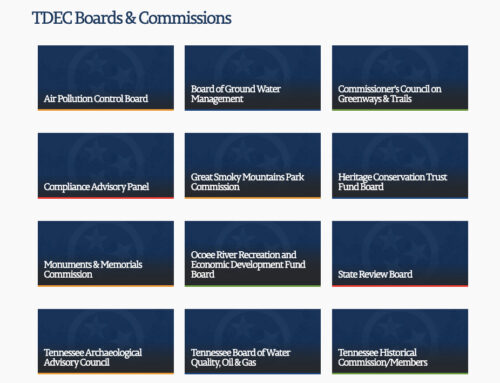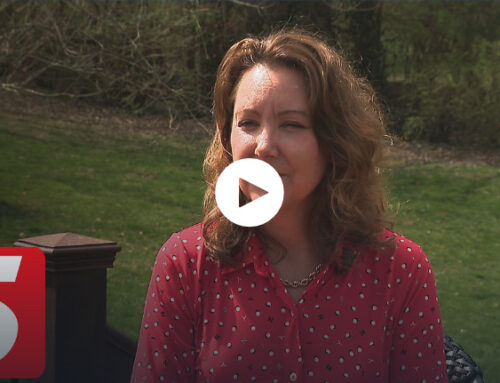By KENT FLANAGAN
 Legislation working its way through the General Assembly purports to improve the reporting of cruelty to animals but actually limits investigative reporting of such incidents regardless of who is reporting. And it comes in direct conflict with Tennessee’s Shield Law.
Legislation working its way through the General Assembly purports to improve the reporting of cruelty to animals but actually limits investigative reporting of such incidents regardless of who is reporting. And it comes in direct conflict with Tennessee’s Shield Law.
House Bill 1191 (Senate Bill 1248) requires that anyone photographing or taking videos of an act of animal cruelty as defined in TCA Section 39-14-202 is required to report the violation and submit any unedited photographs or video recordings to law enforcement authorities no later than the end of the next weekday.
I understand the sponsors’ efforts to limit the abilities of such organizations as the Humane Society of the United States and PETA (People for the Ethical Treatment of Animals) to trash animal husbandry since agriculture remains one of the strongest sectors of the state’s economy.
And for lack of a better term, a state of war has existed for years between HSUS and the Tennessee walking horse industry.
A widely distributed Humane Society video report of soring and beating of walking horses by former walking horse trainer Jackie McConnell and two employees dealt a harsh blow to the image of the industry last year. McConnell entered into a plea agreement in federal court and was banned for life from walking horse industry associations for his violations of the federal Horse Protection Act.
Other livestock farmers across the state fear that any of them could be targeted by similar undercover video or photographic accounts of what HSUS or PETA may portray as abuse but which may well be standard stock farming practices.
But this legislation also places traditional newspaper and broadcast journalists on the horns of a dilemma since the bills do not differentiate between them and ordinary citizens or so-called animal rights advocates.
News reporters for broadcast news operations or newspapers do not judge situations or incidents they cover for stories. Instead, they rely upon law enforcement officers and district attorneys to determine if crimes have been committed and the journalists report those determinations. Judgment is left up to the courts.
Reporting all sides of a story, such as animal abuse, requires more than a photo or video. It requires confirmation by other sources on the record and requests for comment. It takes time to get the facts. Rushing to meet a legislative mandate can lead to costly mistakes.
Surrendering all unedited photos or video recordings also violates a basic journalism tenet held by most news organizations that do not allow dissemination of unpublished images. That is part of the shield law privilege in many states.




